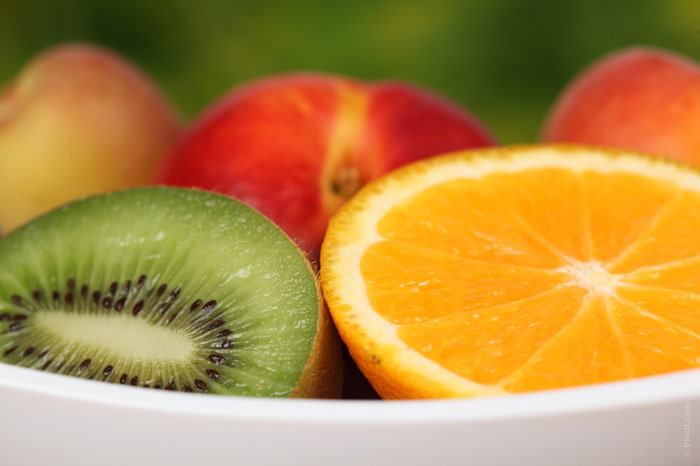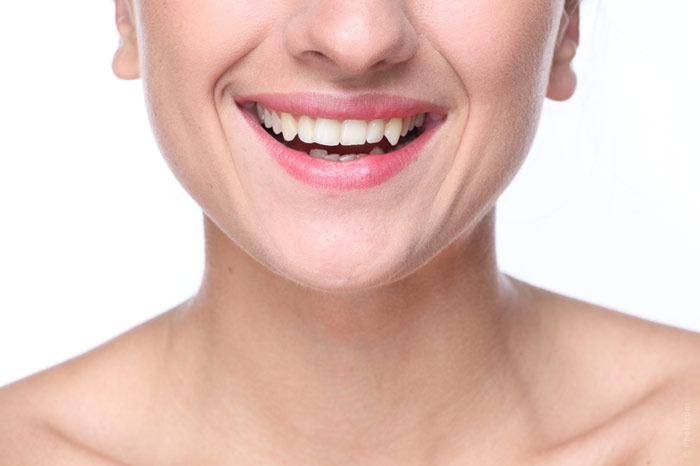It is fast becoming a well-known fact that overconsumption of sugar can have a potentially devastating effect on your dental health. While practicing a stringent dental hygiene regime and using a quality toothbrush is, of course, the most vital step in looking after your teeth, the role of one’s diet should also be paid close attention. Indeed, as the level of sugar consumption in many countries around the world continues to rise unabated, so does the number of avoidable tooth extractions, along with the prevalence of metabolic disorders such as diabetes and heart disease.

With these facts in mind, how might one go about cutting down on sugar in a society so addicted to the stuff? Firstly, it is important to note that cutting down on sugar often means more than just getting rid of fizzy drinks or holding back on adding those extra sugar cubes to your morning coffee, although this is often a good place to start. One 330 ml can of cola alone contains 35g of added sugar. According to the American Heart Association, the total amount of added sugar men should eat a day is 37.5 g, while for a woman it’s 25g. With this in mind, one can take a woman over the recommended limit and leaves men just under, demonstrating just how dangerously high in sugar a seemingly innocuous can of cola can be. Avoiding such drinks is one very easy way to dramatically cut down on sugar.
However, while 35 g of sugar for a small drink is shockingly high, it may not come as much of a surprise as the amount of sugar which can be found in seemingly healthy drinks. A 330 ml bottle of orange juice, for example, contains 29 g of sugar, which is not much lower than a serving of your favourite fizzy drink. The high sugar content in such drinks is often referred to as ‘hidden sugar’ and is something consumers should be particularly wary of if they hope to preserve their teeth and their metabolic health.
 It should be noted that a small amount of fruit juice can have beneficial properties such as vitamins – it is made from fruit, after all. However, moderation is key, and consuming whole fruits can be a much healthier way of getting your recommended intake of fruit and vegetables. Indeed, the sugars released during juicing are much more likely to cause tooth decay than those contained within whole fruits, and there is evidence that the fiber one gets from the latter can help abate the insulin-raising properties of fruit sugar.
It should be noted that a small amount of fruit juice can have beneficial properties such as vitamins – it is made from fruit, after all. However, moderation is key, and consuming whole fruits can be a much healthier way of getting your recommended intake of fruit and vegetables. Indeed, the sugars released during juicing are much more likely to cause tooth decay than those contained within whole fruits, and there is evidence that the fiber one gets from the latter can help abate the insulin-raising properties of fruit sugar.
While amending your intake of sugary drinks can be a big place to start, often a whole diet needs to be overhauled in order to bring sugar intake down, with a particular focus on hidden sugars. Look out for high sugar content in breakfast cereals, pasta sauces, baked beans, health bars and yoghurts. Ready meals, condiments, and salad dressings are also particular villains in the fight against sugar, so making your meals from scratch can be a simple way to make sure you can control the precise amount of sugar that goes into your body. One thing is for sure – your teeth and your waistline will thank you for it.
 To make sure you are looking after your teeth properly, take a look at our wide range of quality toothbrushes and dental hygiene products by visiting http://www.bestelectrictoothbrush.org.uk/ today!
To make sure you are looking after your teeth properly, take a look at our wide range of quality toothbrushes and dental hygiene products by visiting http://www.bestelectrictoothbrush.org.uk/ today!










